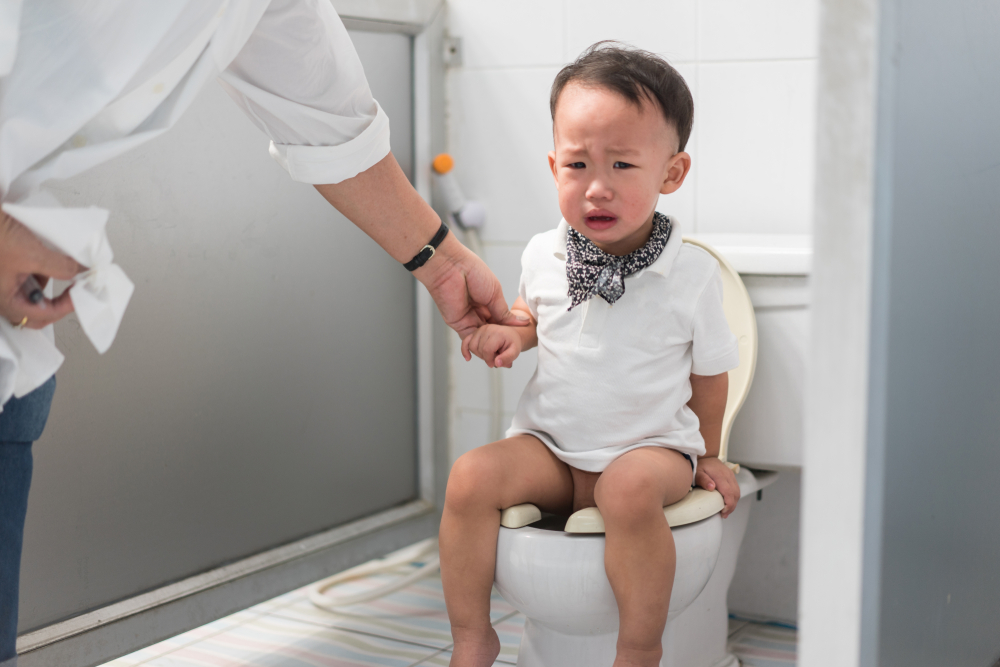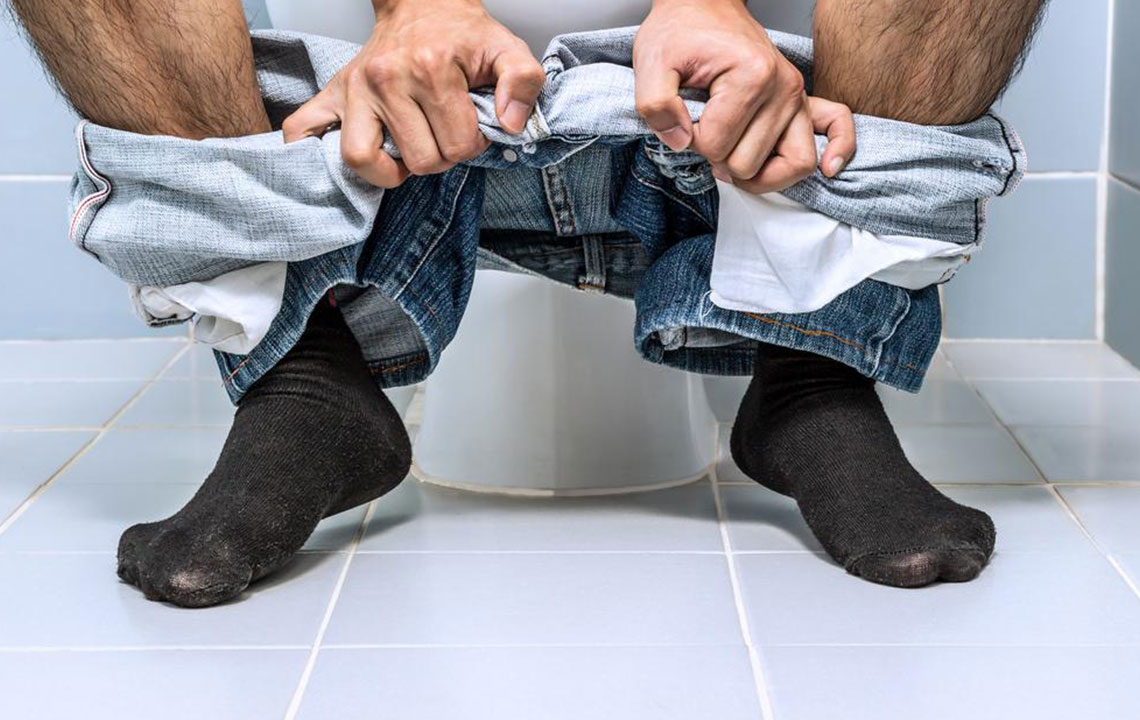Comprehensive Guide to Understanding Constipation
This comprehensive guide explains constipation, its symptoms, causes, and treatment options. It highlights lifestyle changes, dietary recommendations, and when to seek medical help. Understanding this common digestive issue can help manage and prevent complications effectively.
Sponsored

Deep dive into constipation and its implications
Constipation occurs when the digestive process slows, especially in the colon, leading to infrequent and difficult bowel movements. It’s a common digestive issue affecting about 42 million Americans, representing 15% of the population, according to the National Institute of Diabetes and Digestive and Kidney Diseases. As people age, bowel pattern changes may occur, and constipation is characterized by fewer than three weekly bowel movements.
Stools become hardened, making passage uncomfortable. Symptoms include abdominal discomfort, incomplete evacuation sensation, straining, bloating, small hardened stools, psychological distress, and sometimes alternating diarrhea. Prolonged constipation can lead to complications such as hemorrhoids, fissures, impaction, and prolapse.
Seek immediate medical help if symptoms worsen, persist, or are accompanied by weight loss or bleeding.
Available treatments include medications, enemas, suppositories, high-fiber diets, and, in severe cases, surgery. Laxatives like herbal Senna can stimulate bowel movements but should be used under medical supervision. Specific types, such as chronic or acute constipation, require different approaches. Acute constipation might signal a serious underlying issue, demanding urgent care, whereas chronic cases may be managed with lifestyle changes.
Constant hydration, fiber intake, regular exercise, and avoiding delayed bathroom visits can alleviate constipation.
Including probiotic-rich foods or supplements supports digestive health, especially for IBS sufferers on a low-FODMAP diet. Magnesium citrate may also provide relief. Always consult a healthcare professional for persistent or severe symptoms, including pain, bleeding, or changes in stool appearance.
Common causes include hypothyroidism, diabetes, irritable bowel syndrome, pregnancy, bowel obstructions, medications such as antacids, antidepressants, iron supplements, and painkillers. Overuse of laxatives can harm gut sensitivity and dependency. Children may experience constipation due to diet, toilet training, or dehydration. Educating kids about proper bathroom habits helps prevent future issues.






